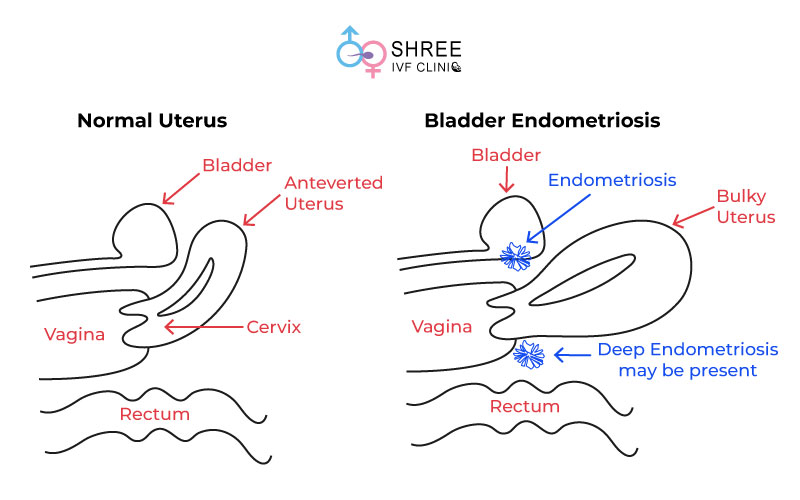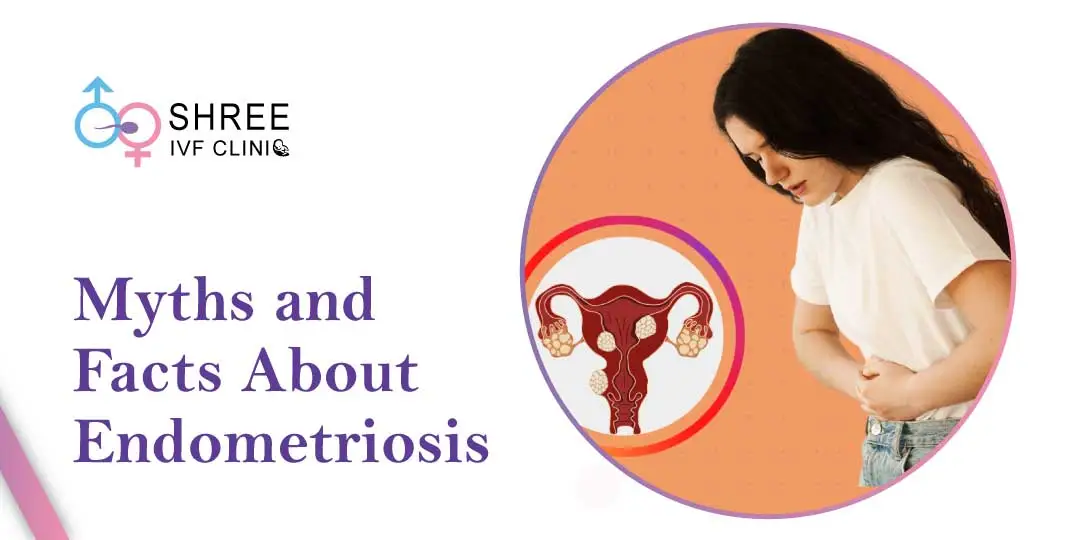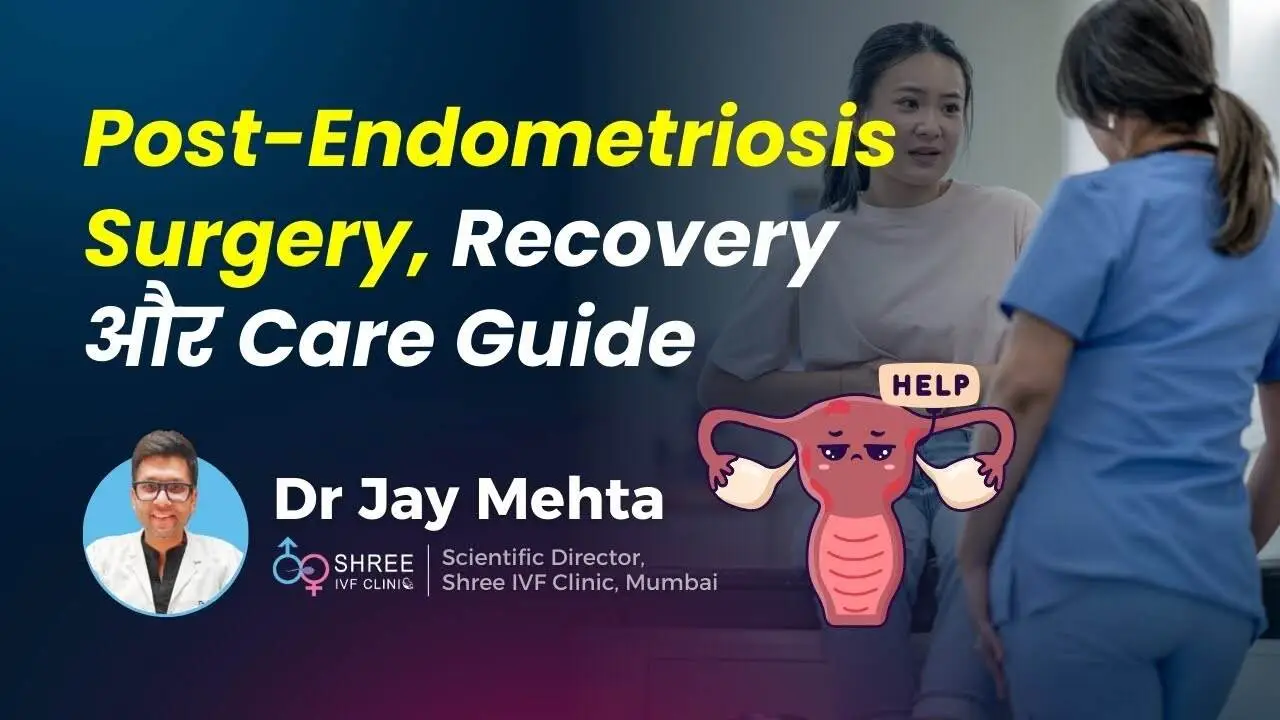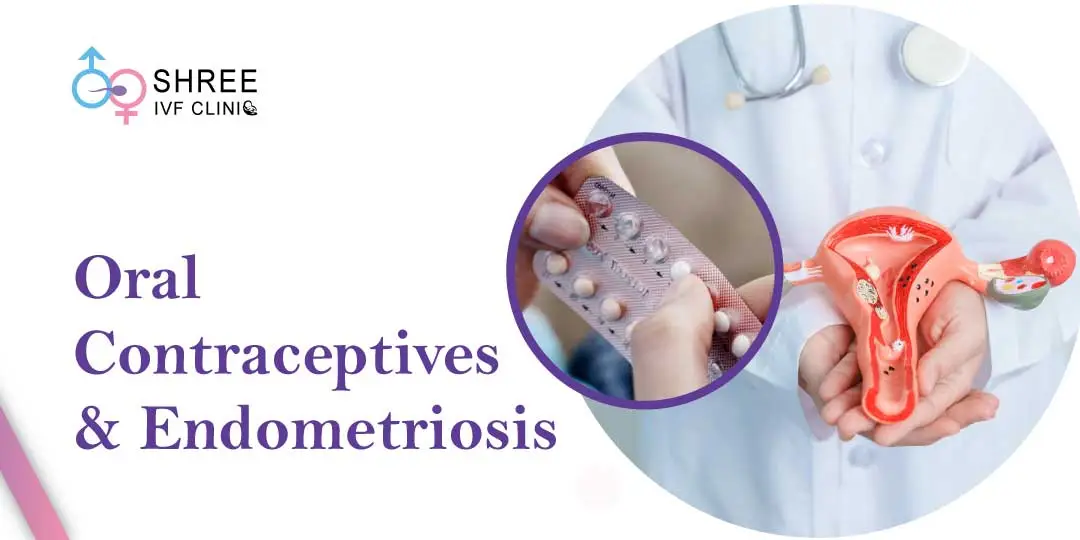Home » Endometriosis » Bladder Endometriosis: A Complete Guide to Symptoms and Treatment
Bladder Endometriosis

Bladder endometriosis is a complex and challenging condition that affects many women worldwide. In this detailed guide, we’ll explore what causes it, how it feels, how it’s diagnosed, and the treatment options, including new therapies and ways to cope.
Understanding it fully can help you take better control of your health and treatment choices.
What Is Bladder Endometriosis?
Bladder endometriosis occurs when endometrial tissue, which usually lines the uterus, grows outside the uterus and attaches to the bladder. This abnormal growth can cause inflammation, scarring, and the formation of nodules or lesions on the bladder wall. The exact cause of bladder endometriosis is still not fully understood.

Bladder endometriosis occurs when endometrial tissue, which usually lines the uterus, grows outside the uterus and attaches to the bladder. This abnormal growth can cause inflammation, scarring, and the formation of nodules or lesions on the bladder wall. The exact cause of bladder endometriosis is still not fully understood.
However, several factors may contribute, including retrograde menstruation (the backward flow of menstrual blood into the pelvis), genetic predisposition, hormonal imbalances, and immune system dysfunction.
As far as bladder endometriosis is concerned, it is predominantly the theory of immune modulation that may play a larger role.
We often see many patients with bladder endometriosis, especially if the bladder was involved in previous endometriosis-related scarring or surgery.
Now, this is typically going to happen if there is a previous cesarean section for childbirth. The biggest problem with bladder endometriosis is diagnosis and recognition of the disease, predominantly in a country like India, where it is extremely difficult to treat endometriosis.
Unfortunately, most of these women who experience bladder endometriosis would end up going to our colleagues who practice urology, who, out of the need to evaluate the bladder, would put in a cystoscope, and they would recognize that there is a presence of an endometrium, typically on clinical examination or, in some situations, by taking a biopsy.
Adding to the misfortune. A lot of these girls who are then diagnosed with bladder endometriosis are going to be put on prolonged management in the form of tablet dinogest or the latest oral antagonist, which is Elagolix, or in the form of a GnRHA agonist depot.
If you are a patient who is reading this guide, try and understand that if you have bladder endometriosis, the treatment of choice is to go and visit a specialist who is a well-known expert in the management of the disease because management of bladder endometriosis is going to require complete excision of the disease, and then it will also involve a fair amount of reconstruction of the bladder.
All this requires tremendous surgical expertise; simultaneously, it requires extreme knowledge in the long-term management of bladder diseases.
Symptoms & Diagnosis of Bladder Endometriosis
Recognizing the symptoms of bladder endometriosis is essential for early diagnosis and appropriate treatment.
Common symptoms include pelvic pain, especially during menstruation; frequent urination; painful urination; blood in the urine; and recurrent urinary tract infections. Some women may also experience bladder spasms, urinary urgency, and difficulty emptying the bladder.
If you have any of these symptoms, meet with Dr. Jay Mehta and our team for a clear diagnosis and the right treatment for endometriosis.
To diagnose bladder endometriosis, the doctor may perform various tests and procedures. These may include a detailed medical history evaluation, a physical examination, imaging tests such as ultrasound or magnetic resonance imaging (MRI), and, in some cases, minimally invasive procedures like cystoscopy (insertion of a thin tube with a camera into the bladder) or laparoscopy (a surgical procedure to visualize and remove endometrial tissue).
The best way to diagnose bladder endometriosis is by doing an ultrasound with a half-filled bladder. This is easily going to be demonstrated as an outgrowth from the bladder margin, and it will have a speck of vascularity inside that.
Treatment Options
If you are a patient, you have to understand that any form of medical management is virtually not an indication in the treatment of bladder endometriosis because all of that is temporary and should not be advocated to any patient who experiences deep endometriosis.
While some professionals may promise a cure, the reality is that due to the limited gland component, deep endometriosis cannot be remedied with medication.
Temporary pain reduction can be achieved with Dinogest, Leupride, or GnRH Agonist Depot. However, individuals with bladder endometriosis should strongly consider a complete endometriosis excision by an expert.
Despite this, many young women in India are often misguided about treatment options and placed on medical management.
Surgery via laparoscopy is the only available treatment option for patients.
The challenge lies in reducing adenomyosis and endometriosis while keeping the tubes intact, requiring the expertise of surgeons.
If an expert performs surgery, it can enhance fertility, allowing patients with normal Fallopian tubes to conceive naturally.
Again, if performed by an expert, laparoscopic surgery significantly reduces the recurrence rate to less than 3%.
In our Shree IVF and Endometriosis clinic, with the help of Dr. Jay Mehta & his team, we operate on more than 550 cases of deep endometriosis across India annually.
Dr. Jay is a renowned fertility specialist & endometriosis doctor in Mumbai, India.
Also, we observed some patients have this question in their minds: which surgery is better, robotic surgery or laparoscopic surgery?
Currently, there is no proven benefit of performing robotic surgery over laparoscopic surgery for endometriosis, even for deep lesions.
Despite this, 2-4% of patients opt for robotic surgery due to perceived safety. However, the literature demonstrates no additional benefits.
Surgical Procedures
Surgical treatments may be necessary in cases where conservative treatments are ineffective or symptoms are severe. Laparoscopic surgery is the standard surgical approach for bladder endometriosis.
During this minimally invasive procedure, the surgeon uses a laparoscope to visualize and remove endometrial implants and repair any bladder damage. Surgery aims to improve symptoms, preserve fertility if desired, and restore normal bladder function.
In more extensive cases of bladder endometriosis, surgery may involve partial bladder resection or, in severe cases, a hysterectomy (removal of the uterus). Skilled surgeons with expertise in endometriosis and urological surgeries should only perform these procedures.
It’s important to note that surgical treatment options carry potential risks and should be carefully considered in consultation with a healthcare professional. Possible surgery complications include infection, bleeding, scarring, and organ damage. Recovery time can vary depending on the extent of the surgery and individual factors.
New and Emerging Treatment Options
Researchers are continually exploring new treatment approaches for bladder endometriosis. Targeted therapies, such as anti-angiogenic agents and hormone modulators, are being investigated for their potential to target and inhibit the growth of endometrial tissue specifically.
Anti-angiogenic agents work by inhibiting blood vessel growth, which is necessary for the survival and progression of endometrial implants. Hormone modulators can specifically target estrogen receptors, reducing the influence of estrogen on endometrial tissue. These emerging therapies show promise but require further research before being implemented as standard treatments.
Additionally, complementary and alternative medicine (CAM) practices may relieve some women of bladder endometriosis symptoms. These practices include acupuncture, herbal remedies, dietary changes, and mind-body techniques.
Acupuncture involves the insertion of fine needles into specific points on the body to promote balance and alleviate pain. Some herbs, such as turmeric and ginger, have anti-inflammatory properties that may help reduce pelvic pain.
Dietary changes may also be beneficial, such as avoiding inflammatory foods and incorporating more anti-inflammatory foods like fruits, vegetables, and omega-3 fatty acids. Mind-body techniques like yoga, meditation, and stress reduction exercises can help manage pain and improve overall well-being.
It is essential to consult with a healthcare professional before considering any CAM approaches to ensure they are safe and compatible with your treatment plan.
Book Your Consultation Today With an Bladder Endometriosis Specialist in India – Dr Jay Mehta
Strategies for Coping and Caring for Yourself
Living with bladder endometriosis can be physically and emotionally challenging. Implementing coping strategies and self-care practices can help improve your quality of life and overall well-being. Here are some strategies to consider:
- Heat therapy: A heating pad or warm baths can help relax muscles and alleviate pelvic pain.
- Relaxation techniques: Practicing deep breathing exercises, progressive muscle relaxation, or guided imagery can help reduce stress and manage pain.
- Over-the-counter pain relievers: Nonsteroidal anti-inflammatory drugs (NSAIDs), such as ibuprofen, can temporarily relieve pelvic pain and inflammation. However, using them as directed and consulting with your healthcare professional is essential.
- Stress management: Finding effective stress management techniques, such as mindfulness meditation, yoga, or engaging in hobbies and activities that bring joy, can help reduce the impact of stress on your symptoms.
- Healthy lifestyle: Maintaining a balanced diet, engaging in regular physical activity, getting enough sleep, and avoiding smoking and excessive alcohol consumption can contribute to overall well-being and symptom management.
- Emotional support: Seek support from friends, family, or support groups who understand your experiences. Sharing your feelings and concerns can provide emotional relief and help you feel less alone.
- Mental health: Prioritize your mental health by seeking professional help if needed. Therapists or counsellors trained in chronic pain or endometriosis management can offer guidance and support.
But prior to doing any of the self health help therapist, it is important to understand that bladder endometriosis. If it is diagnosed or suspected, the patient has to primary go and consult a super specialist rather than trying any of these therapies. These therapists at its very best are simply adjunct therapy and are not to be considered to be the primary treatment which is only surgical management.
Post Surgery Recurrence
While deep endometriosis can be completely removed by the best surgical team, there is a chance of recurrence.
Post-surgery, most patients do not require any form of medical management if complete surgical resolution has been achieved.
At our clinic, Dr. Jay Mehta uses a specialized technique of doing this procedure with associated radical excision of the disease as well as complete clearance of the bladder endometriosis.
In conclusion,
Bladder endometriosis is a complex condition that requires an individualized approach to treatment and management. You can actively participate in your healthcare journey by understanding the causes, symptoms, and available treatment options.
Consult with healthcare professionals who specialize in endometriosis for personalized guidance and support. Proper management and treatment can alleviate symptoms, improve your quality of life, and regain control over your health.
Remember, every person’s experience with bladder endometriosis is unique, so finding the right combination of treatments and coping strategies may require patience and perseverance. Stay informed, advocate for yourself, and surround yourself with a supportive healthcare team. Together, you can navigate the challenges of bladder endometriosis and live a fulfilling life.
Because we are a referral unit for bladder endometriosis as well as other complex urological endometriosis in our country. We end up seeing a lot of these patients who have this disease. They usually end up arriving at us only after 4 to 6 years of failed medical management.
Many of these patients are thoroughly misguided about their treatment options and virtually. No one is offered surgical management primarily to begin with; that is predominantly because that type of expertise is not available across the country at the moment.
A referral unit like ours treats bladder endometriosis so commonly that we end up demonstrating more than 25 cases of bladder endometriosis every year through our live surgeries to spread awareness amongst the healthcare practitioners regarding the adequate, optimal surgical management for this disease.

Dr. Jay Mehta
MBBS, DNB – Obstetrics & Gynecology
IVF & Endometriosis Specialist, Laparoscopic Surgeon (Obs & Gyn)
Dr. Jay Mehta is a renowned IVF specialist and fertility-preserving surgeon in Mumbai, India. He is the Director of Shree IVF and Endometriosis Clinic, as well as the Director of Uterine Transplant in Global Hospitals, Mumbai. He is a leading laparoscopic gynecologist in India for endometriosis and adenomyosis..
He is a well-known Fertility and IVF Specialist and also among few doctors in the country who specializes in Embryology and Andrology. He operates India’s major cities including Mumbai, Pune, Chennai, Hyderabad, Bangalore, Ahmedabad, Agra, Delhi etc.
To book an appointment, call: 1800-268-4000 or fill out our contact form

Google Reviews

ALPA AINCHWAR

Thank you to the best endometriosis surgeon in our India.
Honest and very ethical person.
I want to add one thing, very respectful behavior towards all the patients here.
The only thing is doctor jay is very straight forward.
If he is getting so much work being so straight forward. I can only imagine what will happen if he becomes little sweet and sugary sugary to everyone. But whatever I know him he won’t become like that, kyunki iss Bande ko bhagwaan ka kuch alag aashirvaad hai

Vidhi Mehta

Dr Jay Mehta is a genius at treating endometriosis patients. To the point, no bakwaas. For 13 years I was made to believe I could never conceive naturally, from the age of 19 when I went to a hospital for the first time as an emergency endo patient.
After 2 endo surgeries, 1 failed IVF and a miscarriage here I meet the first doctor who said you will conceive naturally. (Hope). , This was God’s plan, Lord Shiva!!
Thank you Dr. Jay, Dr. Vismay, and the entire team for the hope, treatment, hospitality, and the quickest discharge.

RENUKA RAUT

Great Experience. I have been operated for grade 4 endometriosis. I have never seen a doctor like Jay Sir in my entire life..he is very concerned about his patients..going out of the way to make things possible
Finally, I found an endometriosis specialist after struggling a lot. I am In a safe hand. Each and every staff of this hospital is well-trained and well-managed..highly recommended

Sunitha Suni

He is the god me because im suffering from since 4year pain full period of endometriosis problem im going to so many hospitals any one not identify the problem he is identify and clear endometriosis problem, thanq Dr jay metha sir, Dr Chaitali Rao and ur team Good receiving thanq so much sir ur save my life

md Sohail

Dr. Jay Mehta, what a doctor he is ..hats off.
I really wanted to thank from the bottom of my heart to Dr. Jay Mehta and his dedicated and caring team.
We came from Hyderabad and undergone a major surgery. What a guts he has. I highly recommend Dr Jay Mehta for women who needs a cure for Endometriosis.
Huge thanks to Dr. Chaitali, Dr. Vismai sir and all the supporting staff, nurses and mausis. He is the great doctor and do the best treatment.
Overall very rare kind of personality is Dr.Jay Mehta among the present generation of doctors.

Ankit Jain

I wanted to thank Dr. Jay and his dedicated and caring team at Shree IVF & Endometriosis Hospital at Ghatkopar, Mumbai for the Endometriosis surgery performed. His knowledge of this dreadful disease and its treatment to help thousands of endometriotic women is truly amazing.
He is a gem of a person, explains the problem to patients and their families nicely, and proposes surgical treatment. His caring team also makes the stay in the hospital post-op help to recover quickly.
I highly recommend Dr Jay Mehta for women who need a cure for Endometriosis. He also works brilliantly for IVF and other gynac issues. Kindly check with the clinic and hospital and plan your visit accordingly. They also help with nearby stays for outstation patients. God bless you and give you the strength to continue to work in the noble field.
Blogs

Chances of Getting Pregnant with Endometriosis?
Endometriosis doesn’t always mean infertility. Around 70% of women with minimal to moderate stages conceive without fertility treatment

Myths and Facts About Endometriosis: All You Need to Know
Endometriosis myths can confuse treatment. It’s more than bad cramps, and many women still conceive. Learn the truth and get informed
Videos

Post-Surgical Care & Recovery After Endometriosis Surgery
Patients typically discharged within 48 hours after minimally invasive surgery. Rest 1-2 days, avoid heavy lifting/exercise for 10 days

Role of Oral Contraceptive Pills in Endometriosis Management
Oral contraceptive pills help prevent disease recurrence and are a safe, effective method for managing symptoms and postponing fertility. Always consult your gynecologist for advice

